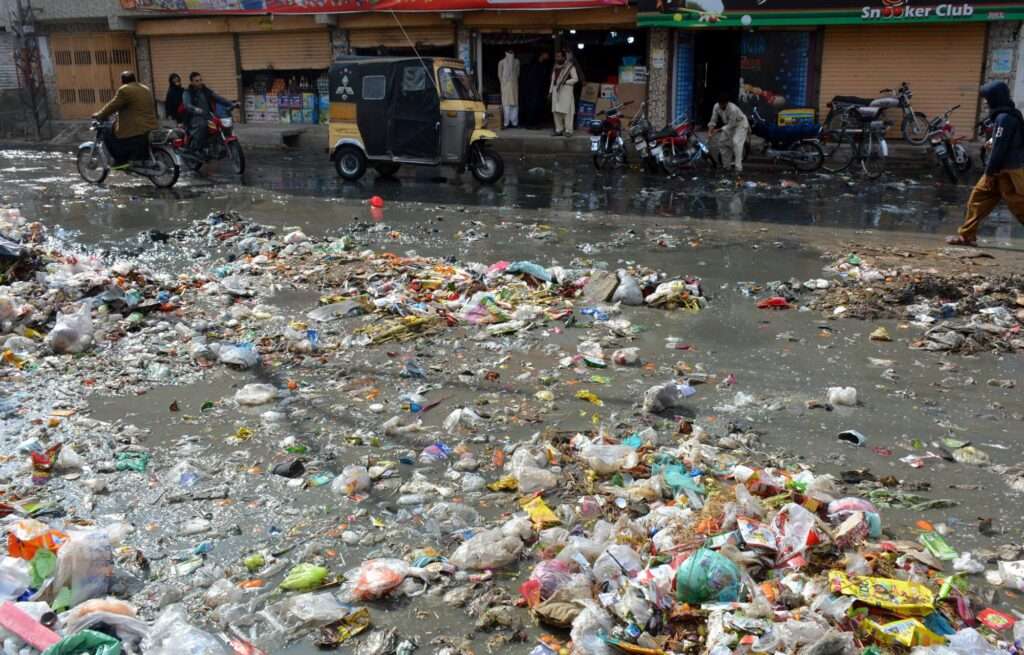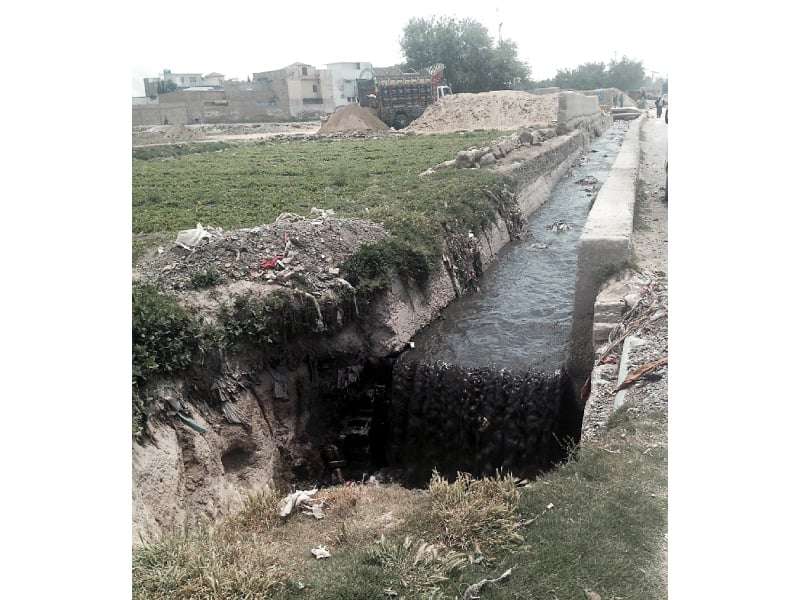
The sorry state of Quetta’s infrastructure, for the most part the open sewage lines, postures an important health hazard and threat to its inhabitants. These open drains not only emit and release profane odors but also become breeding grounds for disease causing mosquitoes and pathogens. The risk of waterborne illnesses and other infections becomes ever more prevalent, particularly during the monsoon season when these drains often overflow, spreading contamination to nearby areas. Residents of the city deserve a safe, clean, and well maintained living environment that fosters growth and prosperity.
The persisting issues of open sewage lines, manholes, and broken roads cannot be ignored any longer. It is imperative for the local authorities, and residents to come together and work collaboratively to resolve these issues. The time for finger pointing, charge and blame game and apathy has passed. Let us embark on a path of progress, where Quetta’s infrastructure becomes a symbol of development and pride for the entire nation. Only through unified efforts can we pave the way for a brighter future for Quetta and its resilient citizens. The plight of Quetta’s infrastructure calls for immediate attention and collective action.
Manholes, when left uncovered or poorly maintained, present serious safety concerns. They pose a grave threat to pedestrians and motorists alike, leading to accidents, injuries, and, in some unfortunate cases, even fatalities. The authorities must acknowledge that the safety and well-being of the city’s residents should be their topmost priority.
The awful condition of the roads is yet another big issue resident of Quetta faces daily. Potholes, cracks, and crumbled pavements impede smooth transportation and adversely affect the local economy. Damaged roads increase travel time, add to fuel costs, and cause damage to vehicles. Moreover, the lack of proper roads discourages potential investors from exploring business opportunities in the city, further hampering economic growth.
Limited budget allocation, bureaucratic red tape, and political apathy and several other factors have contributed to the negligence of Quetta’s infrastructure. Negligence has led to the inadequate maintenance of crucial public utilities. Additionally, the lack of comprehensive urban planning has resulted in the unplanned expansion of the city, putting additional stress on its already fragile infrastructure.
The challenges faced by Quetta can be overcome through a combination of short-term and long-term strategies. The authorities must allocate a adequate budget to address the urgent infrastructural needs of the city. Investing in the repair and maintenance of roads, sewage systems, and manholes should be a priority. Transparent and efficient project management is crucial in ensuring that allocated funds are utilized effectively. It is essential to combat corruption and ensure that resources are channeled towards the intended projects.
Need to engage the local community in infrastructure planning and decision making procedures will raise a sense of ownership and responsibility. By involving citizens, local authorities can better understand the priorities and needs of the residents.

Quetta, the capital of Balochistan has been grappling with a critical infrastructural challenge for far too long. The prevalence of open sewage lines, unfixed manholes, and broken roads has become a recurring nightmare for the city’s residents. Need to focus on this tenacious issue and emphasize the urgent need for comprehensive and effective solutions to alleviate the suffering of Quetta’s citizens.
Courtesy Google for all Pictures . .

